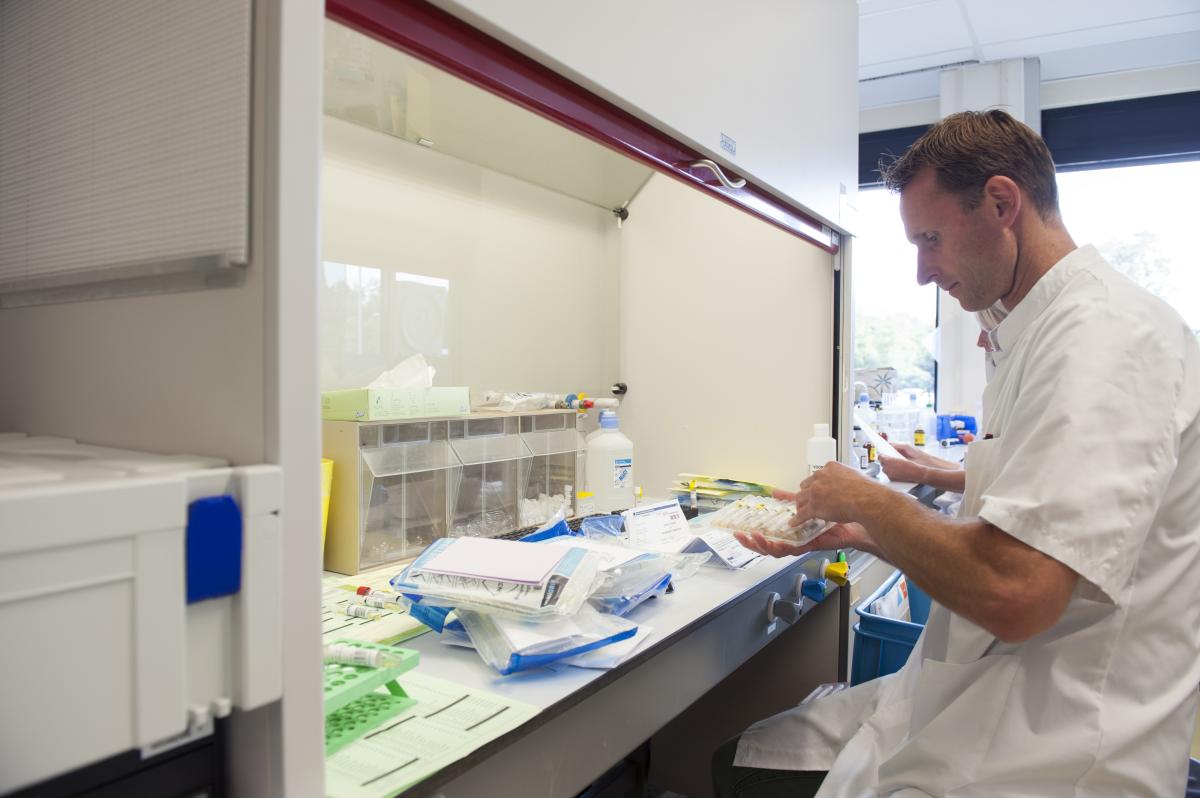Pharmacy as career in India👩🔬👨🔬
Pharmacist, as professionals, have been involved in many activities and this perform multiple roles in the service of mankind in the way of producing and providing medicines.
Pharmacy Education
A variety of pharmacy degree programs are offered in India: diploma in pharmacy (DPharm), bachelor of pharmacy (BPharm), master of pharmacy (MPharm), master of science in pharmacy
[MS(Pharm)] and master of technology in pharmacy [MTech (Pharm)], doctor of pharmacy (PharmD), and doctor of philosophy in pharmacy (Ph.D).
[MS(Pharm)] and master of technology in pharmacy [MTech (Pharm)], doctor of pharmacy (PharmD), and doctor of philosophy in pharmacy (Ph.D).
Different fields for pharma students
Many of the pharmacy graduates and postgraduates today, are serving society through this respected field.
1) Research & development:
Research and development in pharmaceutical sciences is not only confined to finding new drug molecules or to improve effectiveness of the existing drugs, but it has been expanded in various areas such as clinical research, novel drug delivery, biotechnology, etc. Pharmacist, owing to a blend of their biological and technical knowledge, can undertake a crucial role in R&D for better patient care.
2) Bulk drug manufacturing:
Manufacturing of active pharmaceutical ingredients (API) from chemical, biological, synthetic or semi-synthetic sources. As India is developing country every day there are thousands of companies like cosmetics, medicines etc are starting, so there is continuous demand for pharmacists to develop and plan their products.
3)Industrial pharmacy:
Industrial pharmacy is the process which includes manufacturing, development, marketing and distribution of drug products including quality assurance of the developed drug. Industrial Pharmacy Journals have a broad scope which contains all the kinds of articles related to Industrial Pharmacy.
4) Pharmaceutical marketing:
Pharma marketing refers to the marketing of drugs and medical devices by private and public organizations to doctors, clinicians and consumers.
5) Wholesale distribution:
Distribution of medicinal products is assured by wholesale distributors and recognized stockists. They distribute the medicines to retail pharmacists. Their role is very important in pharma industries.
6) Community pharmacy:
Pharmacists directly interacting with the community are no other than retail pharmacists running medical stores. Almost 80% of them serve the community through this profession.
7) Hospital pharmacy:
Hospital pharmacy is the health care service, which comprises the art, practice, and profession of choosing, preparing, storing, compounding, and dispensing medicines and medicaldevices,advising patients, doctors and nurses on their safe, effective and efficient use.

Hospital pharmacy is a specialized field of pharmacy which forms an integrated part of patient health care in a health facility. Hospital pharmacy is the profession that strives to continuously maintain and improve the medication management and pharmaceutical care of patients to the highest standards in a hospital setting.
8) Clinical pharmacy:
Clinical pharmacy is a branch of pharmacy that involves the provision of patient care with the use of medications to optimize the health outcomes of patients. This includes promoting wellness and preventing disease. The practice of clinical pharmacy embraces pharmaceutical care philosophy.
9) Patient education:
Presently, treatment of diseases is not only counted in terms of pharmacological response to drugs, but more emphasis is laid on patient compliance and proper use of drug delivery system. Pharmaceutical companies involved in respiratory care, diabetic care and oncology have a separate team of representatives for patient education. It is upcoming area in pharmaceutical marketing.
10) Clinical studies:
Checking the quality of medicine on the basis of in vitro studies is no longer a reliable tool, but they should also have desirable pharmacokinetic properties.
11) Regulatory affairs:
In the era of globalization, the regulatory field is not restricted only to the drug inspector and Food and Drug Administration (FDA), though they are great choices but don't forget the Regulatory Affairs Department(RAD).
These are notes for Pharmaceutic 1, unit 1, you can checkout previous notes for History of Pharmacy field in India. Search on Google
Royalpharmanotes.blogspot.com
That's it, Thank you, hope you enjoyed reading 🥼💊 Have a nice day.🙂 another topic coming tomorrow 😍 till then bye🙂










Comments
Post a Comment